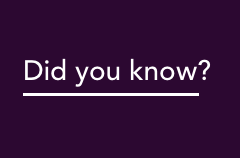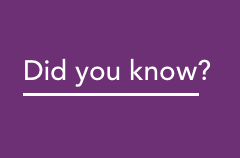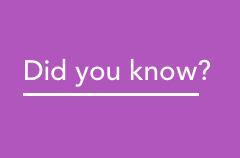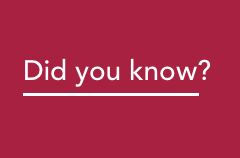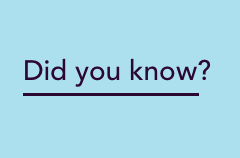Project EDGE
Project EDGE (Energy Demand and Generation Exchange) is a multi-year project to demonstrate an off-market, proof-of-concept Distributed Energy Resource (DER) Marketplace that efficiently operates DER to provide both wholesale and local network services within the constraints of the distribution network.
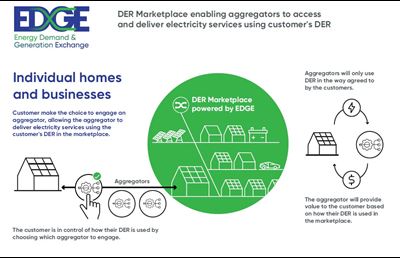 The project is a collaboration between AEMO, AusNet Services and Mondo, with financial support from the Australian Renewable Energy Agency (ARENA). The trial is based in the AusNet Services distribution area within Victoria. The intent is to use this to demonstrate capabilities which can then be replicated across other areas of the National Electricity Market (NEM).
The project is a collaboration between AEMO, AusNet Services and Mondo, with financial support from the Australian Renewable Energy Agency (ARENA). The trial is based in the AusNet Services distribution area within Victoria. The intent is to use this to demonstrate capabilities which can then be replicated across other areas of the National Electricity Market (NEM).
The project demonstrates how consumer participation in a DER marketplace could be facilitated. A consumer chooses to engage an aggregator who utilises the consumer owned DER to deliver electricity services within the DER marketplace, in exchange for monetary compensation. The services required are determined by AEMO, or the Distribution Network Service Provider (DNSP).
A more detailed overview of the project is available in the following fact sheet:
Project EDGE Final Report
Project EDGE has published its Final Report, demonstrating that show that price-responsive DER is technically feasible and able to accelerate the transition to net-zero while maintaining electricity security and reliability.
Project EDGE trialled an evolution of the National Electricity Market to one where price-responsive DER can be efficiently integrated into existing market arrangements. The project successfully coordinated DER operations between all participants, demonstrating end-to-end technical feasibility of DER to accelerate the transition to net-zero while maintaining energy security and reliability.
Three active aggregators, AusNet and AEMO successfully built and operated systems and processes to coordinate, in real time, the functions needed for DER system and market integration. These functions included DOEs, DER fleet forecasting, coordination and visibility, and scalable data exchange between multiple industry actors.
Key findings from the report are represented through the DER Integration Framework, including:
- Consumer-centric approaches are needed for DER value to scale
- Maintaining a secure and reliable power system in a high DER future
- Harnessing DER for a more efficient and affordable power system
- Clarity on roles and responsibilities can be a catalyst for capability development.

